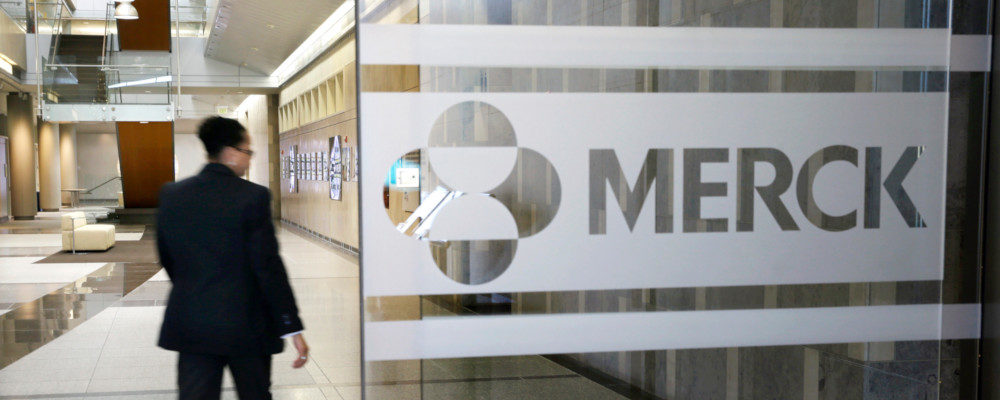In the highly politicized world we live in, talking about the value of ivermectin triggers anger among those who are highly pro-vaccination. The drug is passed off as horse medicine with the implication that you are foolish if you talk about it for humans. Ivermectin is a wonder drug developed in the late 70’s that revolutionized the treatment of worm infestations in humans, particularly in developing countries. The drug is so important that a Nobel Prize was awarded for its discovery. It is also inexpensive when made in India, with a five-day course costing only about $1.80 USD.
What is appropriately triggering is the mistaken belief that taking ivermectin could possibly take the place of vaccination because it alone will cure COVID-19 infection. The drug works against worms by blocking ion channels. The drug also has a mild antiviral effect, with the mechanism of action in blocking viral replication being unclear. Studies on its use in early COVID-19 infection have not shown high enough efficacy for regulatory agencies to approve its use. Vaccination remains the most important way to protect those at risk from life threatening complications of infection. However, having better treatment options for those not vaccinated or with breakthrough infection remains important, particularly in countries with low vaccination rates.
It is therefore exciting that Merck recently announced the development of molnupiravir, a novel drug developed with Ridgeback Biotherapeutics for the early treatment of COVID-19. In a yet unpublished study of 775 adults with mild to moderate COVID-19 symptoms, the rate of hospitalization was 50 percent lower in the treated group, at 7.3 percent and with no deaths, compared to 14.1 percent and eight deaths in the placebo group. This study will form the basis for a request for emergency use authorization by the FDA.
The drug requires 10 capsules over a five-day period with plans to produce 10 million treatments by year end. The drug is reported to cost only $17.74 USD to produce, with plans to charge $700 USD for a course of treatment—namely a 4,000 percent markup over cost. The U.S. government has an advance order of 1.2 million courses of treatment. The drug is projected to potentially be a multi-billion dollar windfall for Merck.
It is not surprising that there is a lot of controversy over its use and cost, especially since public government and research funding contributed to its development. There are claims that it is simply an expensive, repurposed ivermectin created by a predatory drug company. But while the concept of treating early COVID-19 infection is similar to the hyped claims for ivermectin, the compound structure and mechanism of action for molnupiravir are very different.
This new drug is an important advance in limiting the burden of disease, but it is not a panacea. It’s use will be similar to Tamiflu for the common cold. That drug in particular has been underused due to cost and the logistical challenges of getting it prescribed early enough to limit disease burden.
The issue of logistics will be even more challenging for molnupiravir. It needs to taken within 48 hours of symptom development to be most effective, since it is not effective once serious disease has developed. Thus, a patient will need to recognize symptoms, obtain a timely positive COVID-19 test, and then a prescription all within 48 hours. Affordability will also remain a key issue unless it is provided for free by governments or insurers.
Pfizer is also developing an antiviral drug targeting early infection, and intranasal antivirals are in development as well. These are potentially all very important advances that can lessen death and disability. They will likely supplant antibody infusions, which are even more expensive and resource intensive as they require intravenous infusion.
As the worm turns is a phrase used to describe a situation than can quickly change. The worm has turned for early treatment of COVID-19 infection. We have gone from a great medication that can treat worms, but not cure COVID-19, to a new generation of promising but expensive antiviral drugs that could help significantly lessen the burden of this disease.
The worm has also turned against profiteering in the war against the pandemic. We need to rein in the greed that has accompanied the production of these drugs, either through negotiation or by restricting patent protection. The current approach is, simply put, shameful and unacceptable, and Big Pharma needs to quickly get the message.




